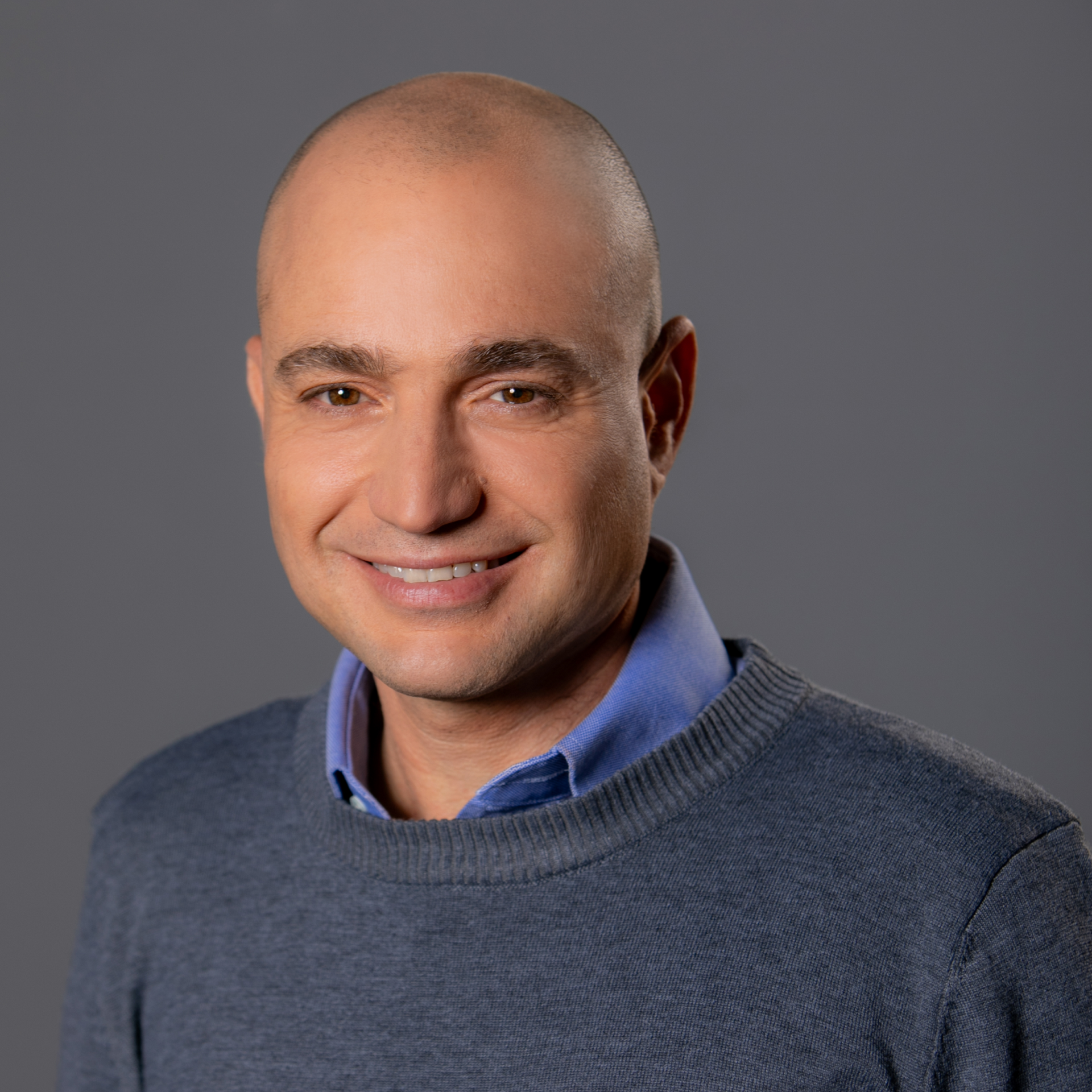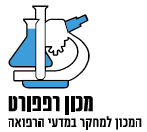
Prof. Ziv Shulman
Promising researcher
Ziv Shulman's research aims to understand how protection against pathogens is generated and maintained over time. His work focuses on how immune cells produce antibodies and how they function in complex environments, such as the digestive system, the respiratory system, and cancerous tumors. Understanding these processes lays the foundation for developing improved vaccines and leveraging medications and immunotherapeutic treatments.
Antibodies are produced through a process of "mini-evolution," which involves genetic modifications in the antibodies and a selection process to identify the most effective ones. Early in its research, Shulman's group focused on how cell dynamics and interactions during this process lead to the creation of high-quality antibodies that provide long-lasting protection. Using advanced imaging techniques that allow direct observation of cell movement during evolution, the group revealed how cells exchange information and the molecular mechanisms involved in selecting protective antibody-producing cells.
Imaging of entire organs enabled the identification of new immune niches in organs exposed to pathogens, where antibody evolution occurs, such as in the digestive and respiratory systems. These findings form the basis for developing vaccines that can be administered orally or nasally to protect against airborne viruses, such as the coronavirus.
Ziv challenged these findings by investigating whether the processes uncovered in the lab occur in human diseases, particularly in cancerous tumors. By studying tumor tissues, the team discovered that the evolutionary process studied in simpler models also takes place in cancer patients, leading to the production of antibodies against cancer cells. These discoveries open a new research field of anti-cancer antibodies and highlight immune niches that can be exploited for innovative medical treatments.



